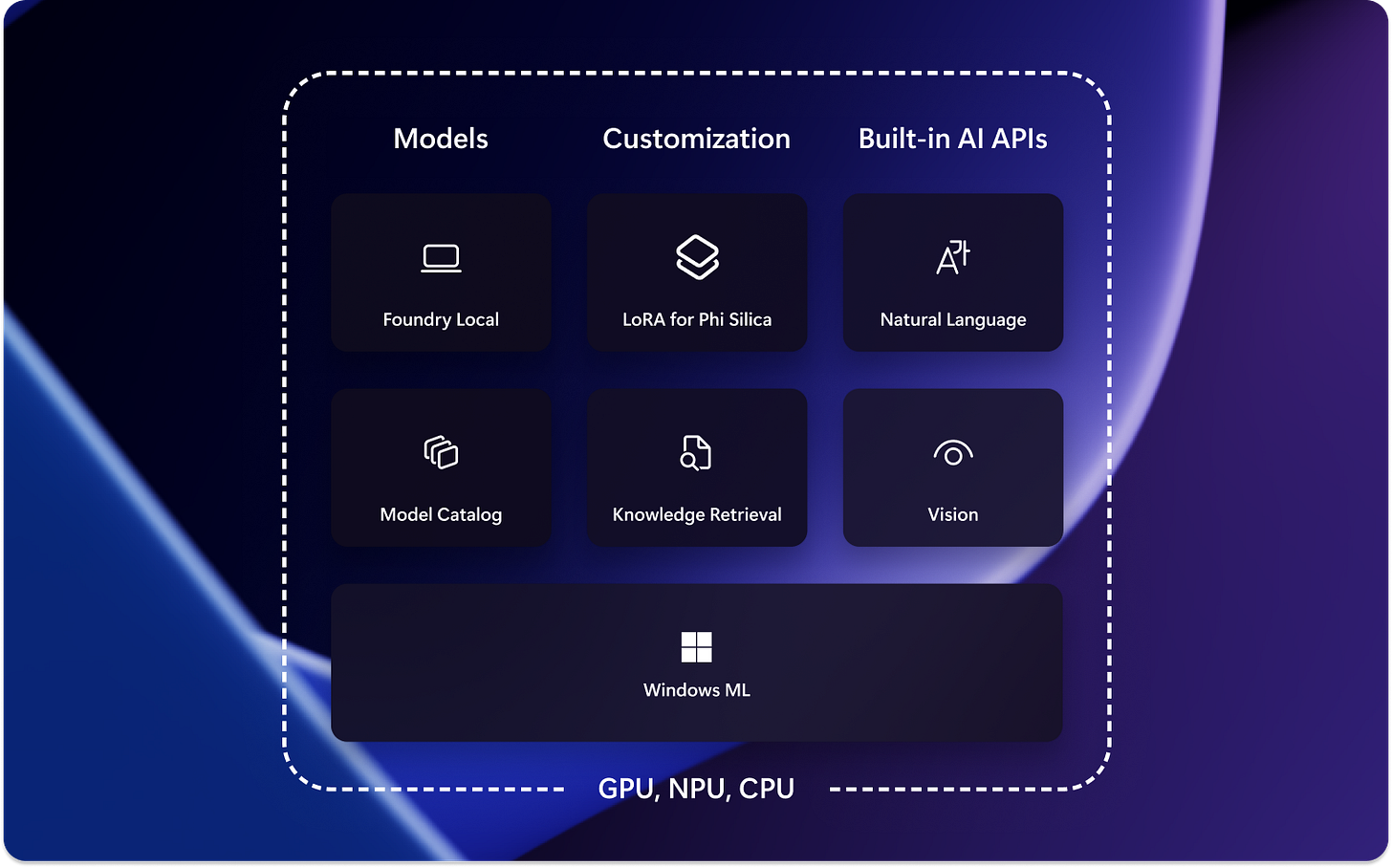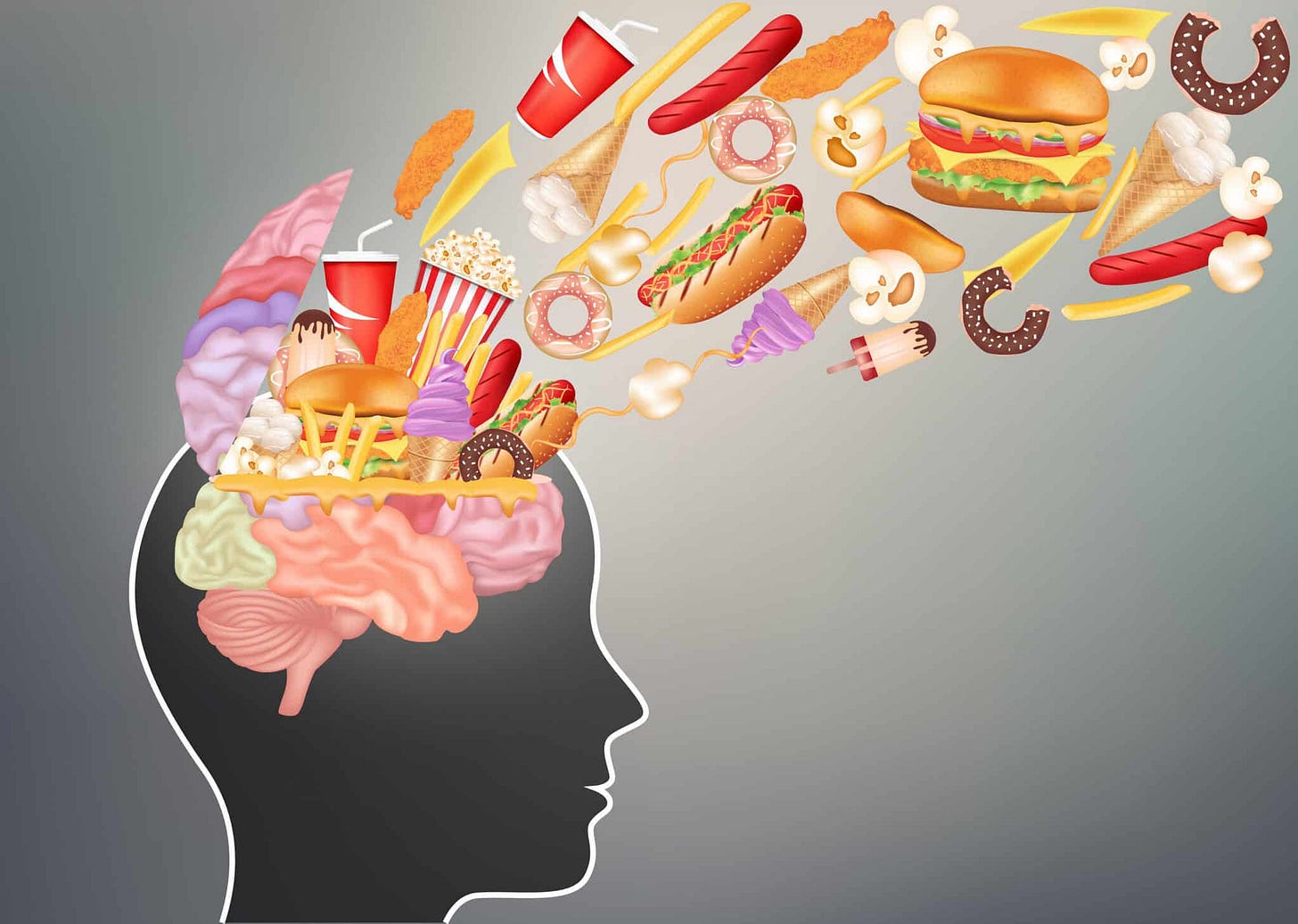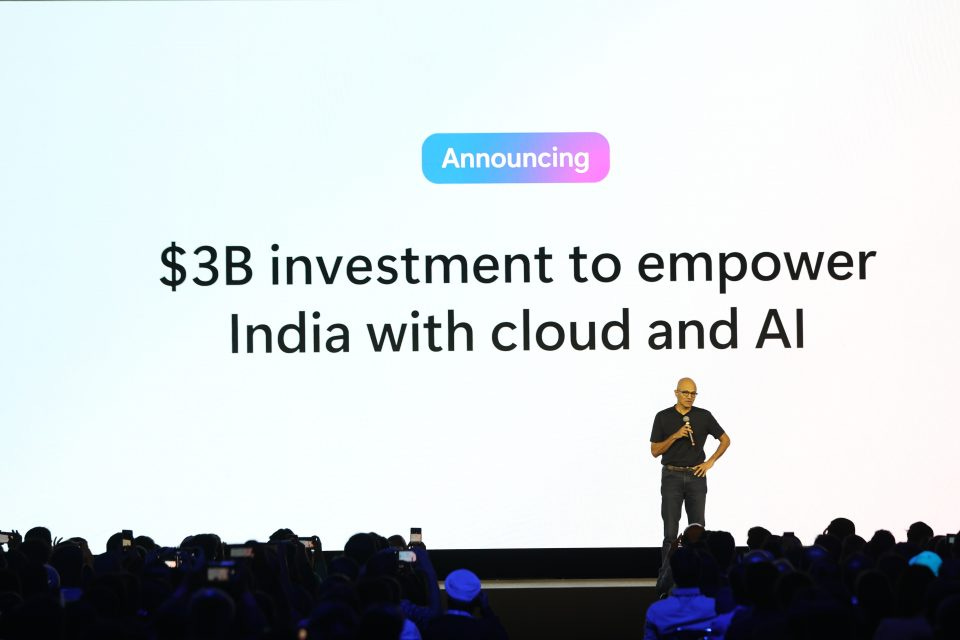Redmoon 40KGF Open Source Turbojet Engine
LunarTechAI is thrilled to announce the open-source release of the Redmoon 40KGF Turbojet Engine, a micro gas turbine that stands as one of the most formidable compact propulsion systems.
LUNARTECH | Linkedin Vahe | Linkedin Tatev | Youtube LunarTech | X Vahe | X Tatev
LunarTechAI Unveils Redmoon 40KGF: Revolutionizing Compact Propulsion with Unmatched Power and Accessibility
LunarTechAI, a pioneer in aviation and space technology, has unveiled the Redmoon 40KGF Turbojet Engine, marking a significant milestone in open-source propulsion systems. Released today on GitHub under an Apache 2.0 license, this micro gas turbine delivers 40 kilograms of continuous thrust in a remarkably compact design, making it one of the most powerful engines of its size class. The initial drawings and documentation, including detailed sketches and parts catalogs, are now accessible to developers, researchers, and enthusiasts worldwide, fostering collaborative innovation in fields like UAV development and experimental aerospace.
What sets the Redmoon 40KGF apart is its blend of raw power and engineering precision, operating on the efficient Brayton cycle with components such as a billet-machined compressor wheel, high-temperature alloys, and an advanced Engine Control Unit (ECU) for automated operations and telemetry. This formidable engine supports heavy-lift applications, from cargo drones to rescue operations, while emphasizing modularity for easy modifications. Safety features, including flameout recovery and exhaustive protocols, ensure responsible use amid high temperatures and speeds, aligning with LunarTechAI's commitment to ethical, peaceful advancements.
Developers are invited to contribute to the project by forking the repository and submitting enhancements, such as ECU firmware tweaks or alternative fuel integrations. This open-source approach democratizes aerospace tech, potentially accelerating breakthroughs in aviation and space exploration. As LunarTechAI continues to expand its portfolio, the Redmoon 40KGF stands as a call to action for the global community to redefine compact propulsion for the future.
Contribute to Github Project here: https://github.com/LunarTechAI/Redmoon-40KGF-Open-Source-Model-Turbo-Jet-Engine-Repository/tree/main
Unlocking Romance: How Cocoa Scientifically Fuels Desire and Connection
Groundbreaking studies reveal that a common indulgence, revered for centuries, harbors potent effects beyond its rich flavor. Specific bioactive substances naturally present in this botanical source play decisive roles in enhancing physical closeness and emotional bonding. These molecules contribute to better vascular performance, mood modulation, and stress reduction, laying a foundation that makes shared moments more vibrant and intimate.
The intricacies of how these compounds affect human physiology illuminate why this treat has been intertwined with traditions of love and partnership across cultures. The synergy among its natural constituents supports a harmonious balance of body and mind, creating an environment conducive to closeness and desire. Recent scientific inquiry strengthens age-old beliefs with measurable biological explanations.
At the heart of these effects lie three key elements: one group influences blood vessel flexibility and blood flow, another acts as a mild stimulator for mental and physical energy while maintaining calm, and a third relaxes nerves and muscles, easing tension and fatigue. Together, they foster an optimal state for nurturing affectionate encounters and emotional attentiveness.
Discover the Future of Browsing: Free AI-Powered Browser Enhances Productivity and Privacy Today
A transformative entrant has arrived in the realm of digital navigation with the release of a zero-cost web browser that seamlessly blends cutting-edge machine learning directly into the user experience. Compatible with both Windows and Mac platforms, this new tool offers an interface reminiscent of a popular mainstream browser yet innovates by embedding multiple intelligent agents that facilitate a spectrum of activities, from research and task automation to dynamic content synthesis—all without requiring users to subscribe or rely on cloud servers.
What sets this solution apart is its ability to run diverse machine learning models locally on users’ machines, thereby granting unprecedented control and privacy. This removes the dependency on external data centers and internet connectivity for AI processing, enabling responsive, offline-capable functionalities that preserve confidentiality while accelerating performance. The inclusion of autonomous assistant modules expands practical usability, supporting everything from data analysis to streamlined online shopping experiences directly within the browser.
Such innovations aim to redefine productivity paradigms, offering a private, customizable digital environment that diminishes clutter and distractions through integrated ad-blocking mechanisms and robust protections against trackers and suspicious scripts. Moreover, the browser simplifies the onboarding process for those transitioning from alternative platforms, enabling effortless import of bookmarks and preferences to minimize friction. This initiative promises to democratize access to powerful AI tools hitherto fragmented across applications or restricted by subscription models, reshaping how users engage with online content and workflows.
How Just Four Days of Poor Diet Can Significantly Impair Your Cognitive Performance
Emerging evidence from recent studies underscores a startling link between short-term consumption of highly processed, calorie-dense meals and a decline in cognitive abilities. This connection specifically affects the brain functions related to memory and decision-making, pointing to a direct and rapid influence of dietary habits on mental performance.
In controlled research settings, individuals who consumed diets rich in saturated fats and refined sugars showed significant impairments in memory recall and navigation tasks after only a few consecutive days. These findings heighten ongoing conversations about the broader neurological consequences of food quality beyond traditional focus areas like weight gain and metabolic health.
Understanding the underlying biological mechanisms reveals the sensitivity of brain regions responsible for storing and retrieving memories to nutritional input. Disruptions caused by an influx of unhealthy fats and sugars interfere with the brain’s glucose metabolism, a critical energy source for neurons. This leads to reduced efficiency in neural communication, manifesting as slower cognitive processing and weaker memory consolidation.
xAI Transforms Workforce Strategy with Focus on Specialized AI Experts Amid Layoffs and Growth Plans
In a strategic transformation, the artificial intelligence enterprise spearheaded by Elon Musk recently terminated nearly 500 employees, primarily within its data-labeling unit. This restructuring follows the company's decision to shift towards engaging personnel possessing specialized knowledge and advanced technical skills rather than maintaining a large number of generalist roles.
The affected group constituted a substantial portion—approximately one-third—of the workforce dedicated to preparing datasets critical for training the AI conversational system known as Grok. Employees whose positions were eliminated experienced immediate restrictions on system access, despite assurances of compensation through the conclusion of their contracts or up to a specified date in late autumn.
This operational pivot signals a deliberate change to enhance the sophistication of AI development by entrusting complex tasks to experts in focused fields including science, finance, medicine, and safety, sectors where precision and domain-specific understanding are paramount.
Tencent Secures AI Expert Yao Shunyu in Major Deal, Transforming Global Tech Talent Landscape
Tencent has successfully brought on board Yao Shunyu, an acclaimed AI expert formerly with OpenAI, with a compensation package reported to surpass 100 million yuan, equivalent to roughly $14 million. This landmark recruitment stands as one of the most significant talent movements within the artificial intelligence sector, reflecting a fierce global competition among tech giants to secure elite researchers adept in automated and agent-based AI technologies.
Yao’s pedigree is especially notable. His academic and professional journey includes foundational experiences at renowned institutions such as Google and Princeton University, where he developed critical expertise in designing intelligent agents and automating language-driven systems. During his time at OpenAI, Yao played a decisive role in advancing agent frameworks that underpin sophisticated AI applications capable of autonomous multi-step reasoning and actions. His transition to Tencent thus signals a strategic leap for the company’s AI ambitions, underscoring how specialized knowledge is seen as paramount for technological leadership.
This development exemplifies a broader evolution in how leading tech firms approach talent acquisition. As artificial intelligence continues to reshape industries worldwide, securing researchers who blend cutting-edge theoretical insights with practical product innovation is becoming a cornerstone for sustaining competitive advantage. Yao’s arrival represents both an individual’s career progression into a pivotal role and an industry-wide pivot emphasizing the vital importance of attracting high-level expertise.
San Francisco Startup Secures $2 Billion to Pioneer Consistent and Trustworthy AI Systems
In a landmark achievement, a San Francisco-based technology startup has successfully secured $2 billion in funding to advance the development of AI systems that prioritize output consistency and reliability. Spearheaded by a former chief technology officer renowned for her leadership in a major AI lab, this venture seeks to transform the unpredictable nature of current AI outputs into fully reproducible results.
The company's ambitious vision challenges the common belief that variability is a natural limitation of large-scale neural architectures. Instead, their innovation lies in meticulous control over hardware-level processing, specifically GPU kernel operations, thereby ensuring that identical inputs always generate the same outputs. This fundamental shift aims to build greater trust and facilitate seamless adoption of AI across sectors where dependable accuracy is paramount.
Beyond innovating at the technical frontier, the organization operates under a public benefit framework, aligning cutting-edge technological progress with broad social goals. The leadership, comprising experts and pioneers recruited from top AI research entities, is poised to launch a product focused on transparency and dependability, generating heightened anticipation within the tech industry.
Microsoft Expands AI Infrastructure with Massive Investment in Advanced Computing Power
In a robust move to deepen its dominance in the rapidly evolving AI sector, Microsoft has declared a substantial escalation of its computing resources dedicated exclusively to advancing complex language systems. This effort involves building out expansive, high-powered hardware clusters designed to accelerate both the development and deployment of intricate AI models. The commitment reflects the company's strategic vision to own critical components of the AI creation pipeline, solidifying its competitive stance in the marketplace.
The ambition centers on creating one of the industry’s most potent computational environments through the integration of a vast array of state-of-the-art GPU accelerators, numbering in the tens of thousands. These resources not only deliver the raw power essential for training massive models but also include innovations in infrastructure cooling and efficiency, accommodating the long-term scalability vital for sustained AI progress. Such an investment underscores the increasing recognition within leading technology firms that extensive, dedicated hardware ecosystems form the backbone of modern AI innovation.
This enhancement of internal infrastructure is complemented by an approach that synergizes multiple machine learning paradigms. Microsoft is combining homegrown algorithms with diverse external technologies, fostering a resilient ecosystem that both fuels innovation and provides versatility in AI applications. The orchestration of these varied components aims to give users access to a broader portfolio of intelligent functionalities, all supported by a robust, seamless underlying platform.











